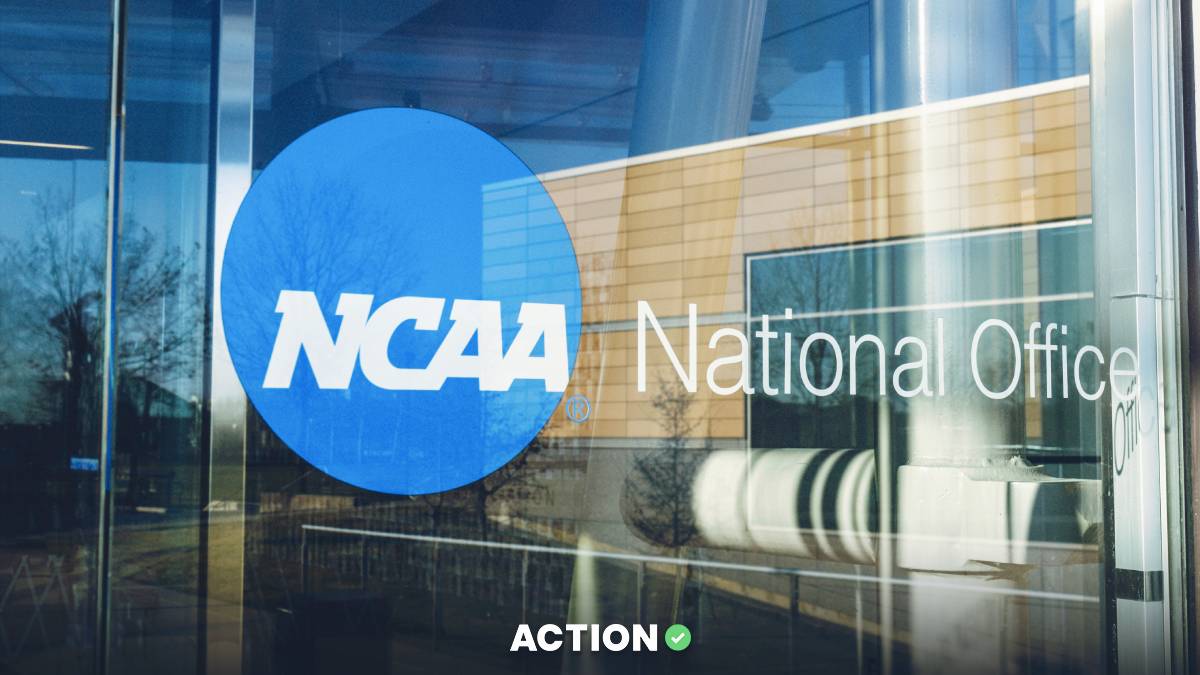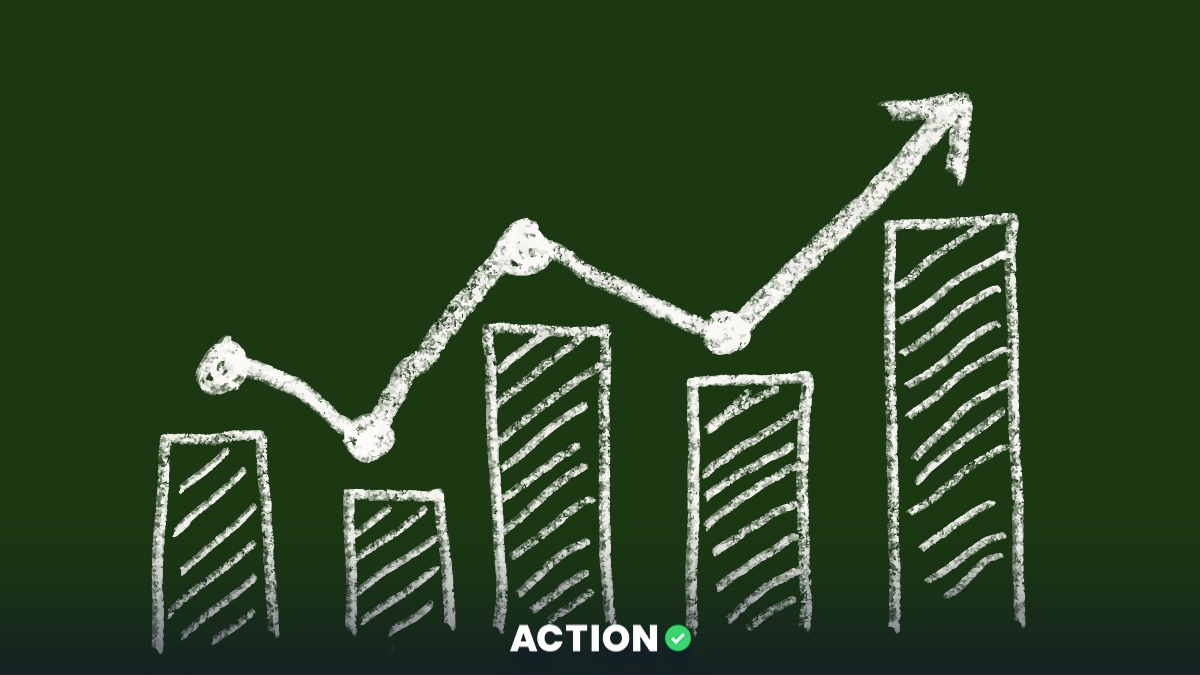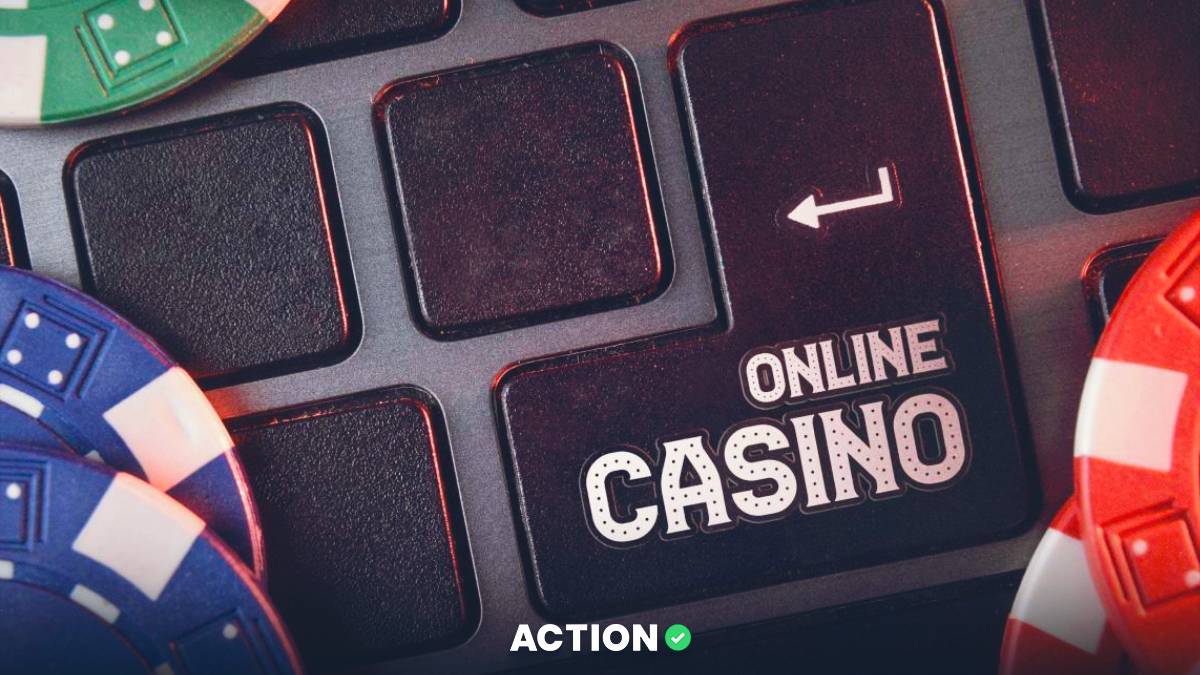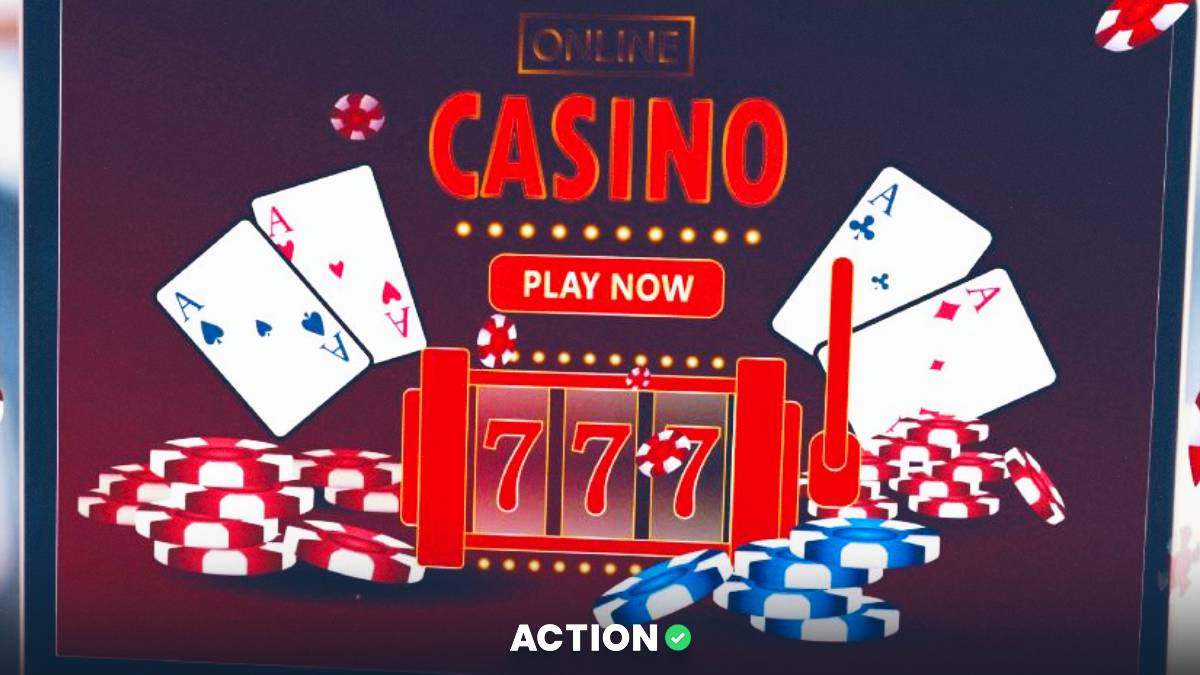The more things change, the more they stay the same.
Following a 30-day review process, two-thirds of Division I member schools have voted to overturn a previously approved rule that would have permitted student-athletes and athletics department staff to legally engage in betting on professional sports only.
This move helps protect the fairness and honesty of both college and pro sports games amid recent betting issues. The decision comes after the NCAA decided to pause a vote on the potential change last month.
Originally, the NCAA was considering allowing athletes and athletic department staff to bet on pro sports, with a new rule set to take effect on November 1. However, this decision faced intense backlash, especially following a series of high-profile betting scandals.
Recently, an NBA coach (Chauncey Billups) was caught up in a major gambling investigation, and an incident involving Miami Heat guard Terry Rozier triggered another investigation, as he was accused of using insider knowledge for betting purposes. Plea bargains are now being discussed.
On top of that, 14 people were involved in a large illegal sports betting scheme tied to college basketball.
These events, and others like them, raised concerns about the potential impact on fair play in both college and professional arenas.
Back to Square One: The Decision to Rescind
Given these controversies, the NCAA's membership voted on the proposed amendment.
Each Division I school was given 30 days from the initial decision to voice its opinion. If more than one-third of the schools opposed the rule change, it could be overturned. By Friday, the necessary number of schools had voted against allowing pro sports betting, ensuring that the ban stays in place across Divisions I, II, and III.
It's worth noting that even if the rule had passed, the restriction on betting on NCAA events would have remained in place. This demonstrates a continued commitment to preserving the integrity of college sports.
One change that looks like it will stick is the introduction of player availability reports during March Madness.
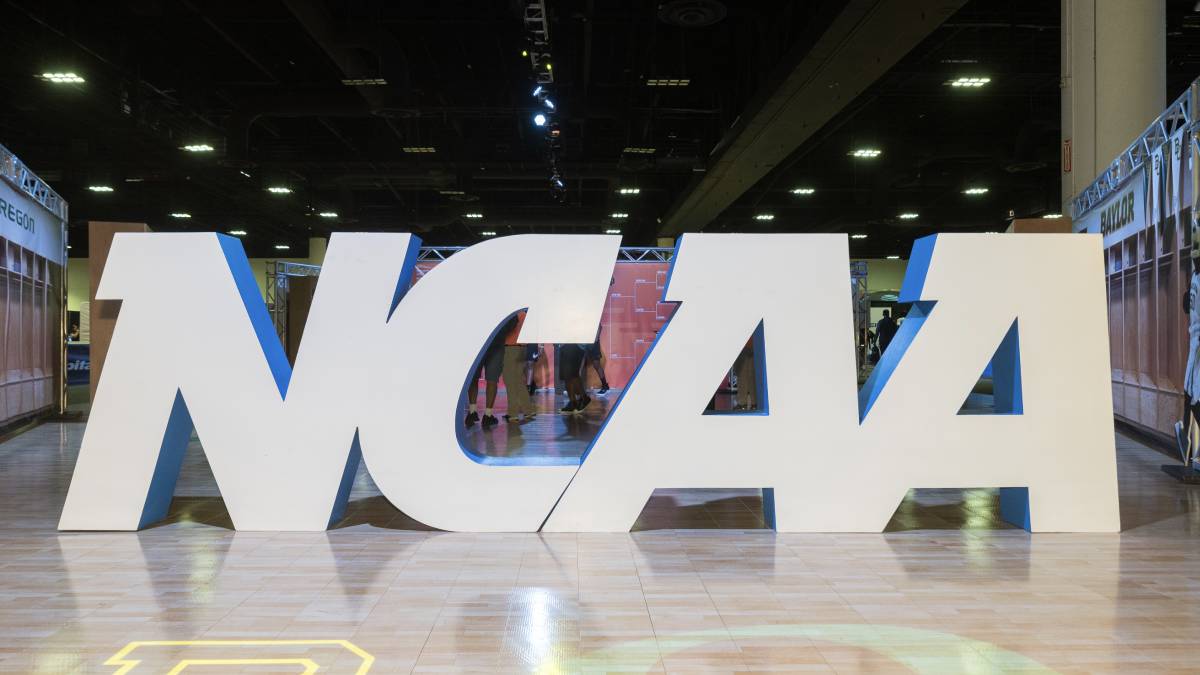
Growing Concerns and Ongoing Investigations
The decision comes amidst growing NCAA enforcement caseloads involving gambling violations among athletes.
The NCAA recently revoked the eligibility of six men’s basketball players due to allegations of sports betting. Another case involved former Temple guard Hysier Miller, who was found to have placed numerous bets, including some against his own team. These incidents underscore the need for stringent rules to deter such behavior.
SEC Commissioner Greg Sankey also weighed in, expressing his reservations about the proposed rule change in a note to NCAA President Charlie Baker.
Interestingly, two members of the Division I cabinet from the Southeastern Conference had initially supported the rule shift, which reveals a complex debate even within the NCAA leadership.
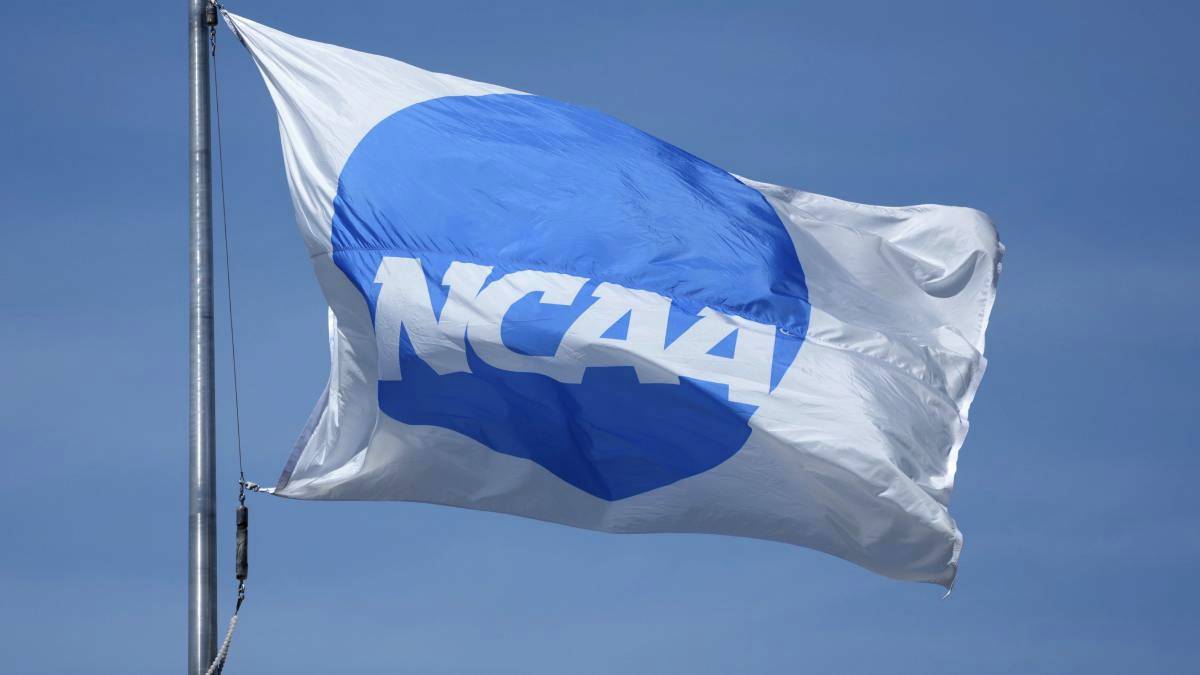
The Road Ahead for the NCAA and Sports Betting
The decision to uphold the ban on betting illuminates the NCAA’s ongoing efforts to tackle the integrity issues facing college sports today. As investigations into sports betting violations continue, the NCAA's commitment to maintaining fairness and competitive balance will be tested.
Through this decision, the NCAA is reaffirming its stance on sports betting, aiming to shield athletes and the collegiate sports environment from potentially negative influences of gambling. The journey is far from over, but the latest vote is a clear message that integrity in sports is not up for negotiation.


